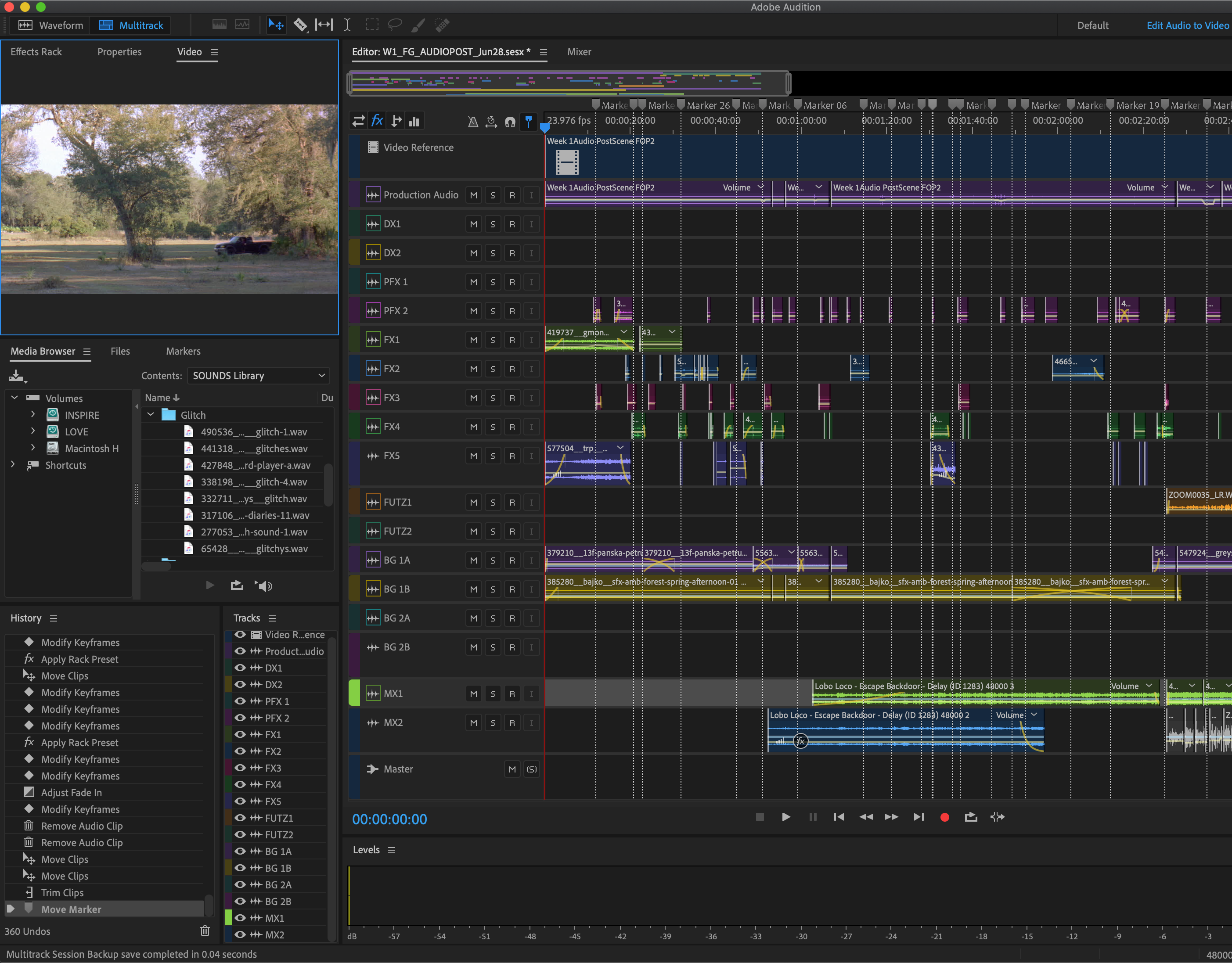“What makes a presentation effective, creative, captivating, and/or inspiring?”
TED TALKS ANALYSIS
BY FABIO GARCIA
FORM AND FUNCTION IN TED TALKS (personal considerations)
Countless times I have come across wonderful insights from these encapsulated pills of wisdom. It is like a short compressed masterclass directed by an outstanding marketeer with the careful guidance of a Hollywood producer and writer. Like a perfect example of the link between form and function. Where form could be to the content and function, the impact generated in the audience by the format they utilize. Of course, storytelling as the tool that enables the experience. Content "follows" function in its delivery, content may be molded to the format, adjusting to the "frequency" of the audience so "that the message resonates deeply". Let's extract 10 skills for better presentations from these expertly crafted appearances, considering mostly the function, the delivery, and the perceived impact.Suzanne Duncan
THE DARK SIDE OF STORYTELLING
Suzanne Duncan is a story skeptic. She explains what happens when our protective imagination drives a false narrative. Sometimes, she says, the everyday stories we tell ourselves - and how we think about our role in those stories - can do more harm than good.
Suzanne starts with a dose of dark humor. Introducing contrast to the core, talking about the inner chatter, and the negative impact that many stories have. Quite interesting to discover that she is not a writer, she is actually a financial analyst ! And has done a study to find out why the business model is broke, the answer was storytelling. Yes, full-on contrast, she constantly navigates between extremes, by challenging the construct of the personal story, by her dark comments or by the themes: storytelling and business.
Towards the end, she recognizes her pessimism and proposes a method, to learn how to reactivate parts of our brain, thus refreshing her conclusion by bringing a light of possibilities to the dark side of storytelling that she presented.
During her presentation, I had mixed feelings. Right from the start, the contrast that she portrays felt to me like an extremist, going diametrically to opposing sides, yet, the way she elaborated on the core idea, was so important, that it kept my interest focused on the development of the idea.
Laurel Braitman (Writer)
THE MENTAL HEALTH BENEFITS OF STORYTELLING FOR HEALTH CARE WORKERS
Health care workers are under more stress than ever before. How can they protect their mental health while handling new and complex pressures? TED Fellow Laurel Braitman shows how writing and sharing personal stories help physicians, nurses, medical students, and other health professionals connect more meaningfully with themselves and others -- and make their emotional well-being a priority.
Laurel Braitman starts describing her current job, and that, she does very skillfully. Right from the start, she introduces one of the most important contrasts of her delivery, that health care workers were not as healthy as I would think they'll be. It made me wonder, how she, as a writer, could help improve that situation? In this way generating an intrigue that would work as glue for the audience.
By utilizing recordings of real subjects she brings forth credibility, but also allows me, as an audience, to feel closer to the experience. Then she harvests this closeness by explaining one of the main problems, that, being close or "human", is not part of the training for physicians, "you have to choose... being a really good person or a really good doctor" says a student giving his reflection, thus many times forgetting why they have chosen their career, in this way setting up the ordeal, "If doctor’s lives are at stake, the life of others too".
By giving a "prescription" and explaining that this problem could apply to any profession, she bounces the attention from her experiences to the audience and opens up the possibilities of engagement. In general, the theme fascinates me, storytelling, and seeing the therapeutical uses for making people’s lives better, it is a reassurance, her presentation helps me get inspired in that direction.
Chimamanda Adichie
THE DANGER OF A SINGLE STORY
Our lives, our cultures, are composed of many overlapping stories. Novelist Chimamanda Adichie tells the story of how she found her authentic cultural voice -- and warns that if we hear only a single story about another person or country, we risk a critical misunderstanding.
She uses her unique position as an African that studied abroad to illustrate her premise, what it is to have a "single story". First, by building up an example of herself being in that position. A bold act of humility, with a profound effect. It made me feel that this tendency is more common than expected, that even happened to herself. Questioning myself, have I done it as well? A quite important effect to have in the audience.
She broadens the possibilities of her "Big Idea" starting with her example about immigration and Mexico, thus leveraging momentum and climbing another stair, the struggles of power that chooses the stories that are told, "power is the ability, not just to tell the story of another person, but to make it to the definitive story of that person".
Chimamanda challenged the status quo with grace and at times she sprinkled humor to refresh the serious theme. By exposing the dangers of this mentality, this brings about a possibility to consider a more complete story, including the various perspectives and consider the multiple stories. She gives a proposal, not for a utopia, but rather an achievable "balance of stories", of being able to "consider both sides of the debate", that stories could also "repair the broken dignity of people". The reward it’s profound, "when we realize that there is never a single story about any place, we regain a kind of paradise."




